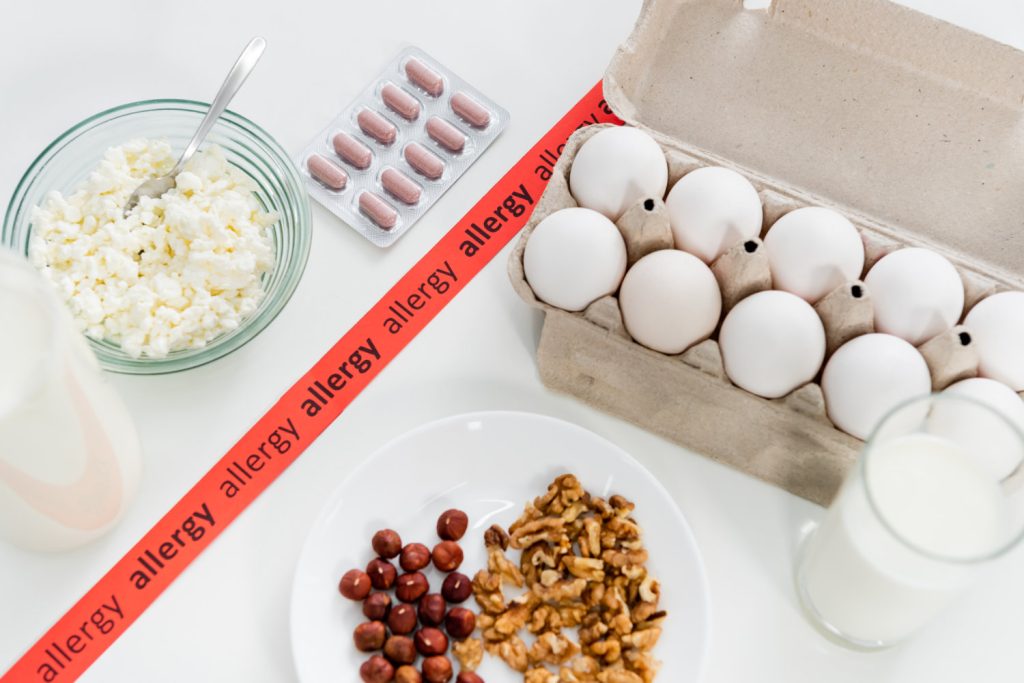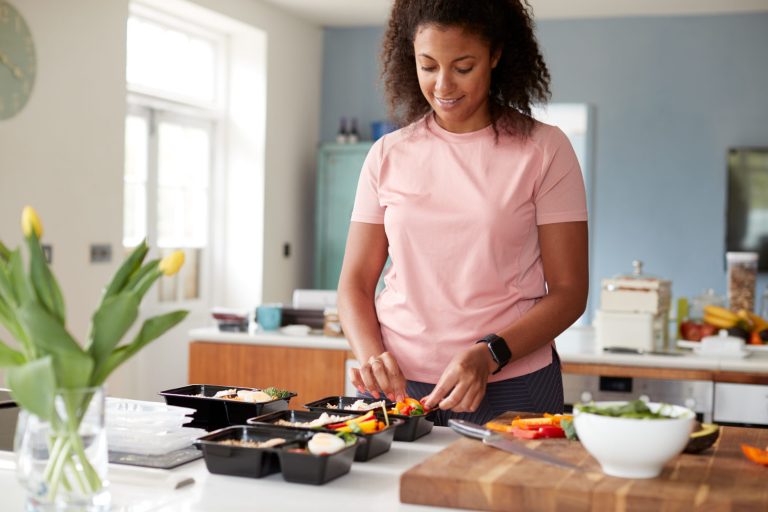National Food Safety Education Month
September is National Food Safety Education Month, making it the perfect time for a refresh on how to keep your food safe!
Each year 48 million people get sick from eating contaminated food with 128,000 people being hospitalized, and 3,000 people dying due to a foodborne illness. But don’t fret – food poisoning can be prevented in 4 easy steps!
Clean
- Before touching any food, wash your hands thoroughly in soap and hot water and be sure to dry them thoroughly.
- Wash your hands each time you handle raw meat or fish.
- Wash your hands after touching pets and/or the garbage can.
- Rinse any fruits or vegetables in cold water before eating.
- Clean cutting boards thoroughly whenever using them for a new food.
- Clean all kitchen worktops and kitchen utensils before and after cooking.
- DO NOT wash raw meat or fish before cooking. This doesn’t remove any harmful bacteria and splashes can transmit bacteria around the kitchen.
Separate
- Always separate raw meat, seafood, and eggs from cooked food and fresh produce.
- Use a new cutting board, utensils, and plates when switching between handling raw meat, fish or eggs and any other foods.
- Keep raw meat, seafood, and eggs separated from other foods in the refrigerator.
Cook
Cooking foods to the correct temperature is of the utmost importance. Food is deemed “safely cooked” when the internal temperature is high enough to kill bacteria that can make you sick. It’s recommended that you always use a food thermometer to ensure food is at the correct temperature.
For a chart detailing what temperatures your food should be, check out this resource from the Center for Disease Control and Prevention.
Chill
- Ensure your refrigerator is 40°F or below.
- Check this chart from the CDC to know how long food lasts in the refrigerator and freezer.
- Refrigerate perishable food within 2 hours or within 1 hour if the food is exposed to temperatures above 90°F.
- Only thaw frozen food in the refrigerator, cold water, or in the microwave.
- Thawing foods on the counter causes bacteria to multiply quickly and should NEVER be done.
Anyone can get food poisoning, but some groups of people are more likely to get sicker and have a more serious illness. These groups include:
- Adults 65+
- Children under 5
- People with weakened immune systems
- Pregnant women
For more information on foodborne illnesses and how to prevent them, visit https://www.cdc.gov/foodsafety/.




